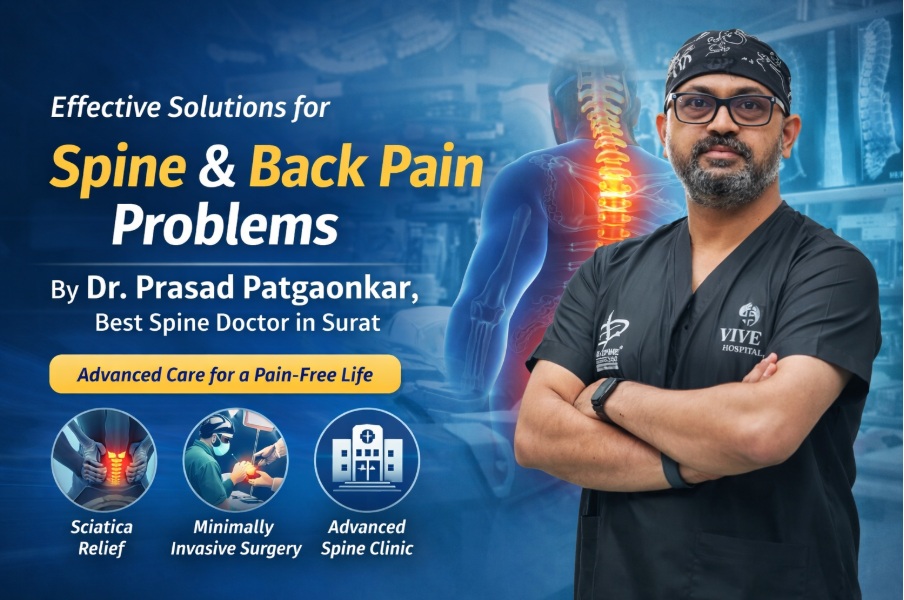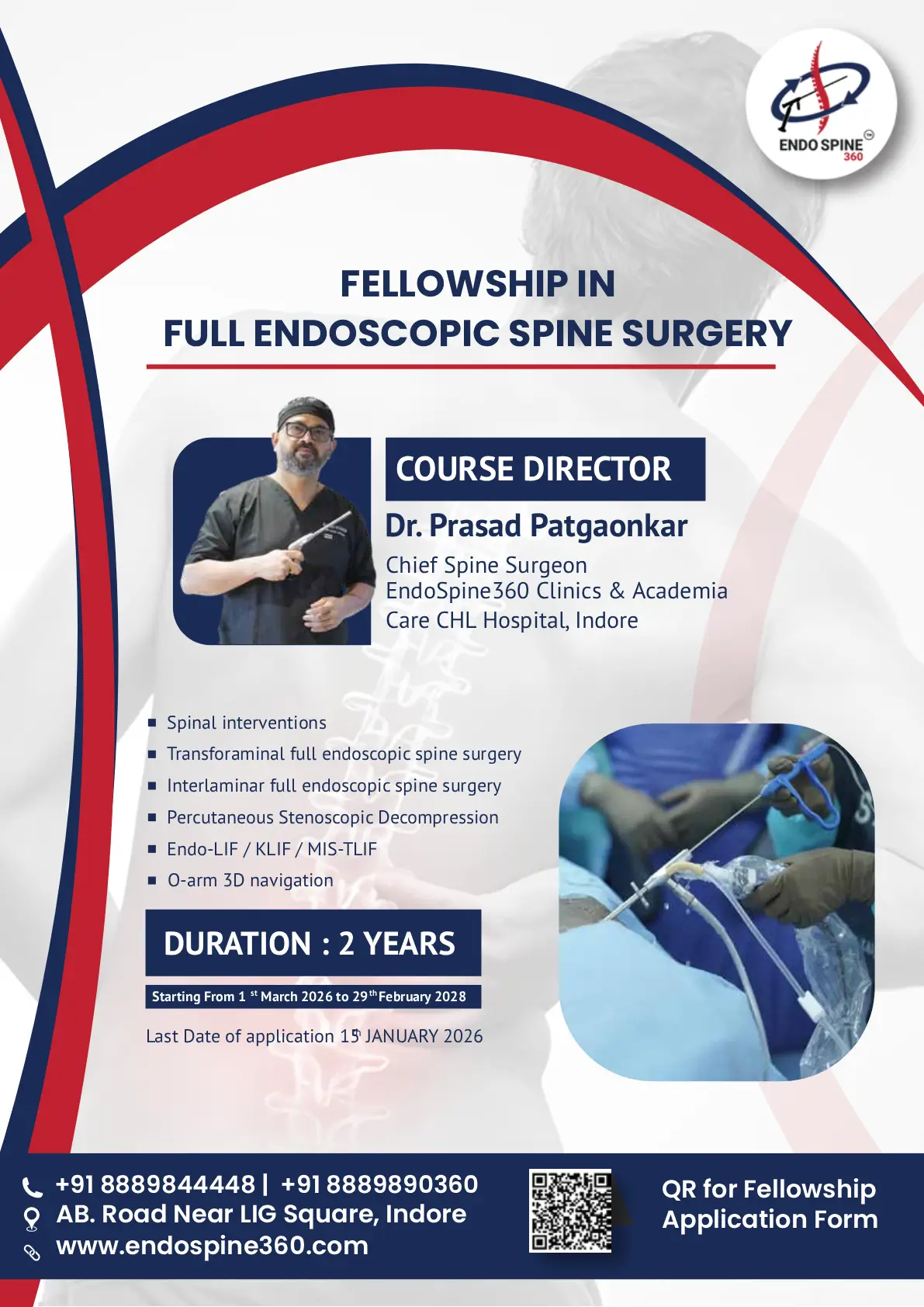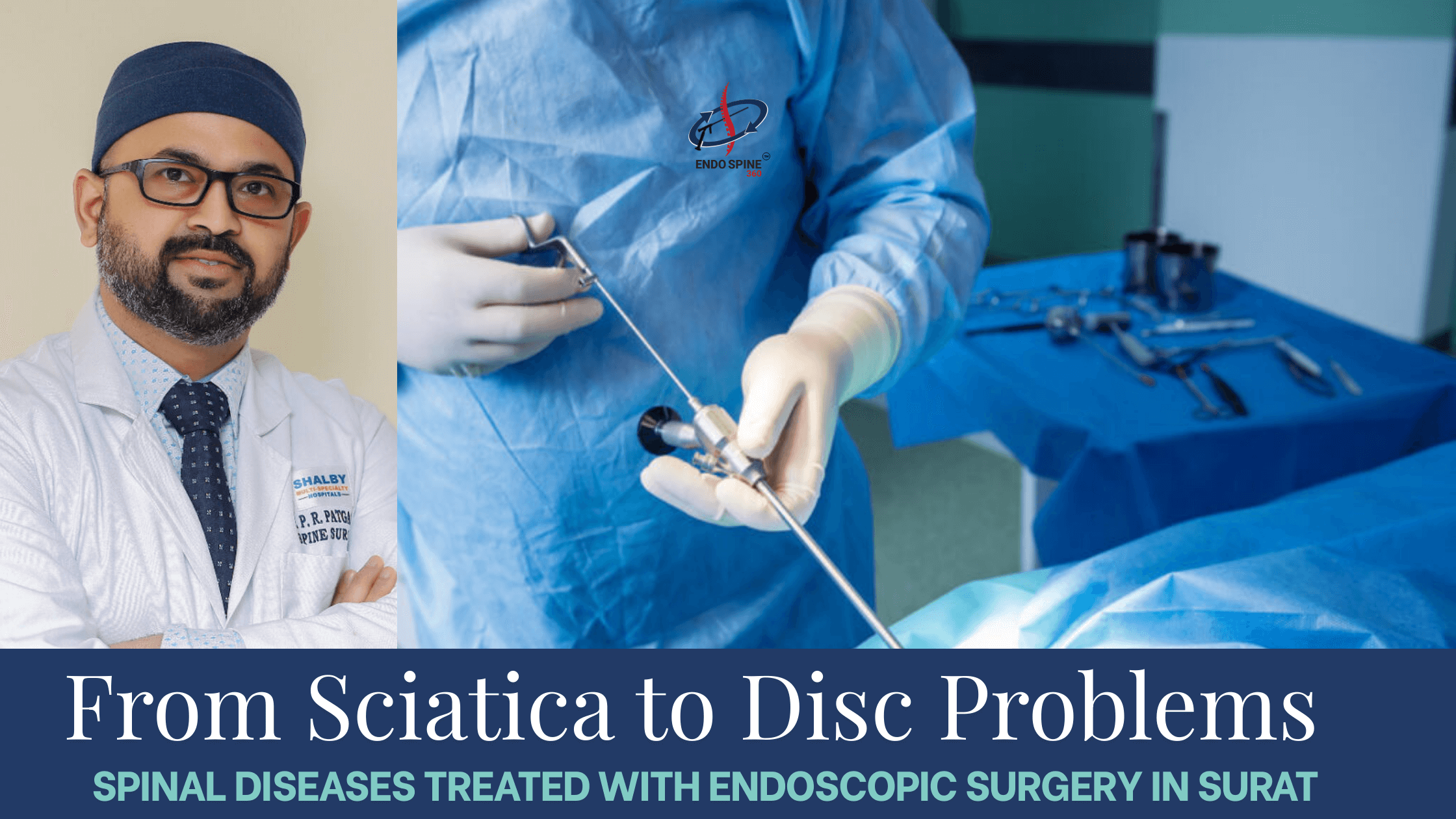Commonly Asked Questions About Robotic-Assisted Spine Surgery
- Admin
Robot-Assisted Spine Surgery, also known as robotic spine surgery, is an advancing technological approach employing robots to aid in surgical procedures on the spine.
This groundbreaking technology has transformed the landscape of spine surgeries, offering patients quicker recovery times and fewer complications. Individuals in need of spine surgery frequently seek answers to questions about the nature of robotic-assisted surgery, its functionality, candidacy criteria, and the benefits associated with this advanced surgical technique.
What is Robotic Assisted Surgery?
Robotic Assisted Surgery, also referred to as robotic spine surgery, is a minimally invasive surgical method utilizing robotic arms and a camera to conduct procedures. Controlled by the spine surgeon through a console, these robotic arms offer a magnified, high-definition 3D view of the surgical site. Equipped with specialized surgical instruments boasting greater precision and flexibility than human hands, this technology enables surgeons to execute intricate procedures with enhanced accuracy and control.
How Does it Work?
The process of robotic assisted surgery initiates with the surgeon making a small incision in the patient's skin, through which the robotic arms and instruments are introduced. Subsequently, the surgeon takes a seat at a console equipped with a joystick and foot pedals, through which they exercise control over the robotic movements. The robotic arms and instruments replicate the surgeon's motions, delivering heightened precision and dexterity throughout the procedure.
The primary distinction between traditional spine surgery and robotic spine surgery lies in the hands-on approach. Traditional methods involve the surgeon using their hands and instruments directly for accessing and treating the spine. In contrast, robotic spine surgery entails the use of a robot, guided by the surgeon, to execute the procedure.
Who is a Good Candidate?
Candidates for robotic assisted spine surgery are typically individuals in need of spine surgery who aim to reduce risks and expedite their recovery. Those with spinal conditions like herniated discs, degenerative disc disease, or spinal stenosis may find robotic surgery particularly beneficial. Even individuals who have undergone previous spine surgeries could be considered suitable candidates for robotic surgery. It's crucial to undergo a thorough evaluation of your specific condition and medical history to determine the appropriateness of robotic surgery for your case.
What are the Advantages of Robotic-Assisted Spine Surgery?
Accelerated Recovery Time:
Robotic assisted spine surgery boasts a less invasive nature compared to traditional procedures, translating to reduced pain, minimized blood loss, and shorter hospital stays for patients. In certain instances, patients may even be discharged on the same day as their surgery.
Precision Beyond Comparison:
The robotic arms utilized in robotic surgery exhibit exceptional precision and maneuverability beyond the capabilities of human hands. This heightened precision empowers surgeons to execute intricate procedures with superior accuracy and control, leading to improved outcomes for patients.
Diminished Complications:
The less invasive nature of robotic surgery contributes to a decline in complications such as infection, bleeding, and scarring when compared to traditional surgical methods.
Tailored Surgical Approach:
Robotic surgery enables surgeons to craft a personalized surgical plan for each patient, allowing for the customization of the procedure to align with the individual's specific needs and anatomy.
How to Prepare for Robotic Assisted Spine Surgery?
Preparing for robotic assisted spine surgery is akin to preparing for any other surgical procedure. Here are some key steps:
Blood Thinners Management:
Patients on blood thinners should discontinue their use 7-10 days before the surgery. This includes over-the-counter medications like aspirin, ibuprofen, and naproxen. Consultation with a cardiologist may be necessary for those with serious heart conditions to determine the best approach to managing blood thinners.
Fasting:
Refrain from eating or drinking after midnight on the day preceding the surgery. This step is essential to ensure an empty stomach, reducing the risk of complications during the procedure.
Smoking Cessation:
Smokers should make an effort to abstain from smoking as much as possible before and after the surgery. Ideally, quitting altogether is recommended to promote better overall health and enhance the healing process.
Healthy Lifestyle:
Prioritize a healthy lifestyle leading up to the surgery. A well-maintained overall health can contribute to a faster recovery and lower the risk of complications related to anesthesia, such as pneumonia or bronchitis.
Why Choose Endospine360?
At Endospine360, we stand out in the field of spine care by offering our patients top-tier healthcare marked by cutting-edge technology and advanced surgical techniques. Our dedicated team possesses extensive expertise in the realm of robotic assisted spine surgery, ensuring that our patients receive optimal care and achieve the best possible outcomes. If you are contemplating robotic surgery for your spine-related concerns, we invite you to reach out and schedule a consultation with us. Your journey to enhanced spinal health begins with Endospine360.
Search
Categories
Popular Tags
Recent Post
-
Consult the top spine surgeon for safe and effective spine treatment

Spine problems such as chronic back pain, neck stiffness, slipped disc...
Read more -
Effective solutions for spine and back pain problems by the best spine doctor in surat

Back pain and spine-related disorders have become increasingly common ...
Read more -
Full endoscopic fellowship 2026

Fellowship in full endoscopic spine surgery under Dr. Prasad Patgaonka...
Read more -
From sciatica to disc problems: spinal diseases treated with endoscopic surgery in surat

Spine pain can quietly affect every part of your life—from walking and...
Read more



